Beta-Caryophyllene: What it is, the reported benefits, and how to use it.
What is Beta-Caryophyllene?
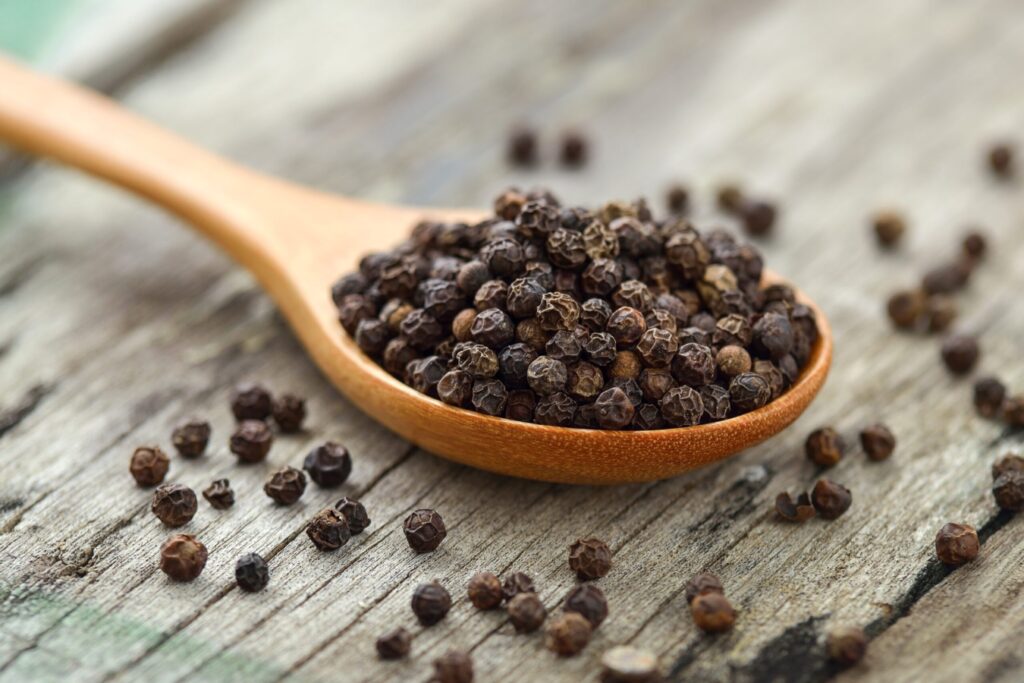
Beta-caryophyllene, also known as caryophyllene or BCP, is a common terpene found in many cultivars of cannabis. It is associated with the pungent spicy aroma of freshly cracked black pepper. This terpene is unique because its large size and molecular structure allows it to act like a cannabinoid and bind to the CB2 cannabinoid receptors. When beta-caryophyllene binds to the receptors in your endocannabinoid system, it affects the inflammatory response which contributes to the anti-inflammatory properties of cannabis. Scientific studies done on beta-caryophyllene find that it may also help with pain, alcohol dependency, cancer, anxiety, depression, and aging. When CBD and caryophyllene are used together, it may enhance the therapeutic effects. Beta-caryophyllene is an important component of therapeutic cannabis and other plants with medicinal uses.
Where is Beta-Caryophyllene Found?
If you are preparing a meal with fresh herbs, chances are you will have beta-caryophyllene in your dish. It is found in basil, black pepper, cinnamon, cloves, hops, oregano, patchouli, and rosemary. It is also found in celery, leafy greens, and broccoli. In commercial products, beta-caryophyllene is used as a food additive to give food items a spicy, woody flavor. It is also used in products like fragrances, air fresheners, and scented cleaning products. There was even a study that found that wild pandas roll in horse manure because it contains beta-caryophyllene, which helps with their cold tolerance.
Potential Therapeutic Benefits
Many terpenes have anti-inflammatory benefits, but none are comparable to beta-caryophyllene. Beta-caryophyllene is a unique terpene because it binds to the CB2 receptors and can act like a cannabinoid. The CB2 receptors in the body can be found in immune cells and are believed to be a potential target to treat inflammatory disease. A group of scientists compiled a review on the protective effects of beta-caryophyllene in chronic inflammation and found that it is a promising treatment option for inflammatory conditions. A study done with mice found that beta-caryophyllene taken orally reduced inflammatory pain. Another study on mice found that beta-caryophyllene was effective at reducing inflammation and may be useful for treating inflammatory bowel disease. Additionally, there was a recent study published in 2021 that determined that beta-caryophyllene could be helpful in treating symptoms of COVID-19, including inflammation.
Many plants have compounds that are antioxidants, and beta-caryophyllene is believed to be one of them. A study conducted on rats found that beta-caryophyllene was an effective antioxidant and had protective effects on liver fibrosis.
A group of researchers from Malaysia conducted a study on the therapeutic benefits of beta-caryophyllene. Their study suggests that in addition to the antioxidant and antimicrobial properties, beta-caryophyllene has anti-cancer properties. It was effective at inhibiting growth and inducing cell death for colorectal cancer cells.
Researchers have found that the CB2 cannabinoid receptors play a role in neurological responses to alcohol consumption, so a study on mice was conducted to test the effect of beta-caryophyllene on alcohol dependency. The study suggests that this terpene was effective at reducing alcohol consumption and that CB2 receptors are a promising target for the treatment of alcoholism.
The CB2 cannabinoid receptors in the body also influence anxiety and depression. A study found that beta-caryophyllene helped relieve anxiety and depression because of its interaction with the CB2 receptors. In addition, results from a study on animal models suggest that beta-caryophyllene improved chronic stress and may be effective in treating depression and stress related mental illness, like anxiety.
Cultivars with Beta-Caryophyllene
If you’re interested in using a cannabis cultivar that contains beta-caryophyllene, check out our menu for available options. The terpenes testing is listed in the cultivar description for flower, vape, and concentrate products.
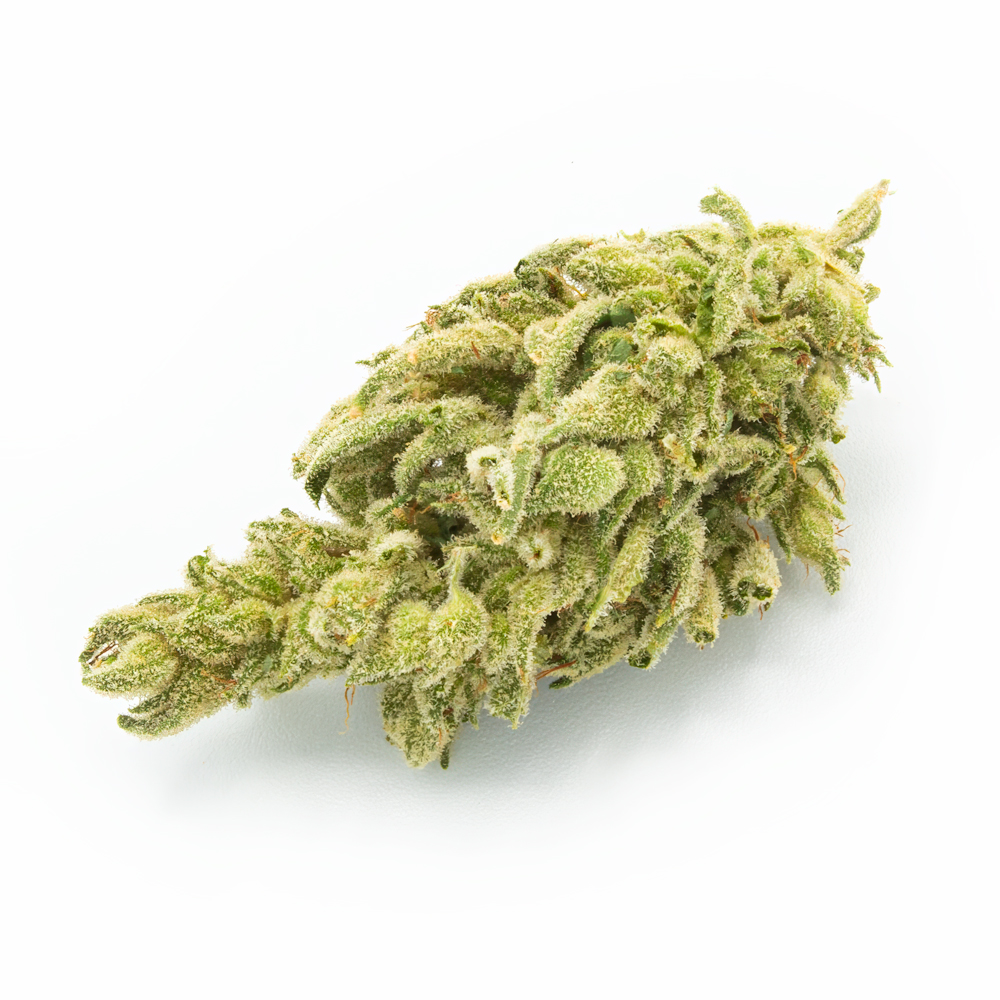
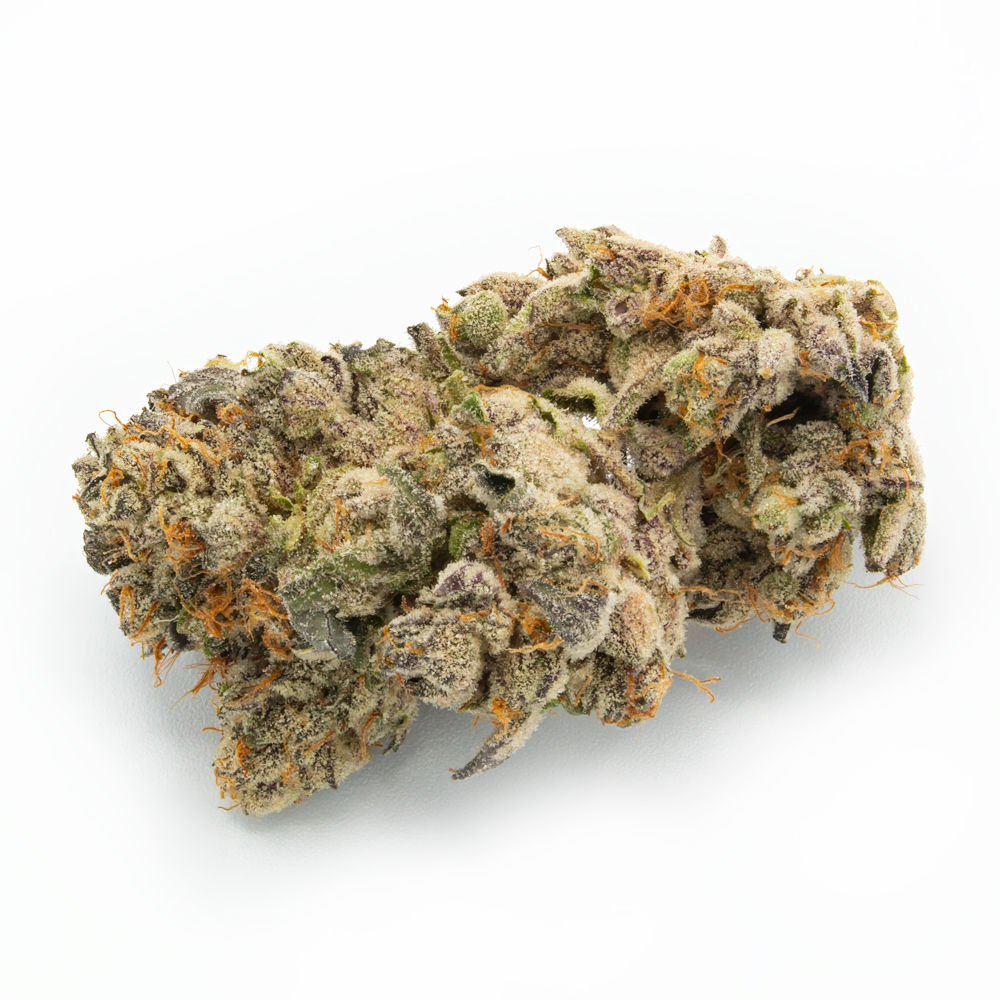
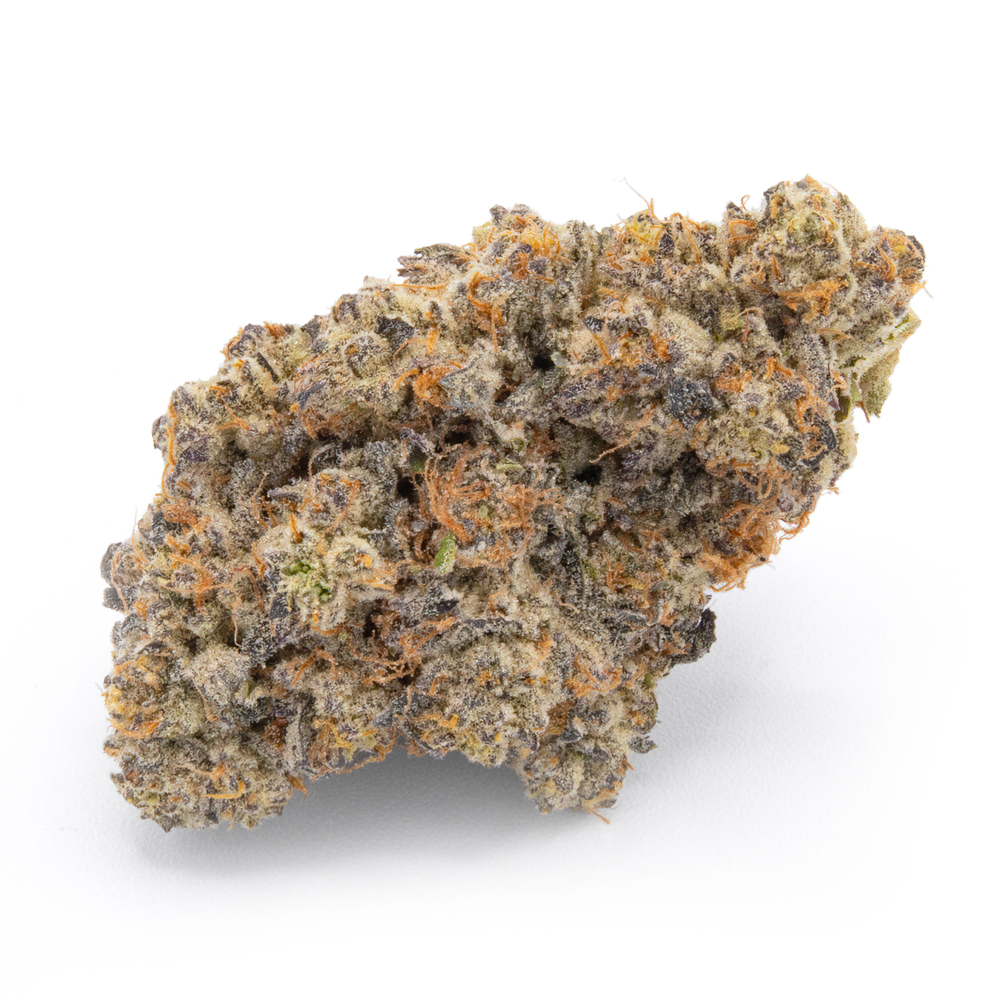
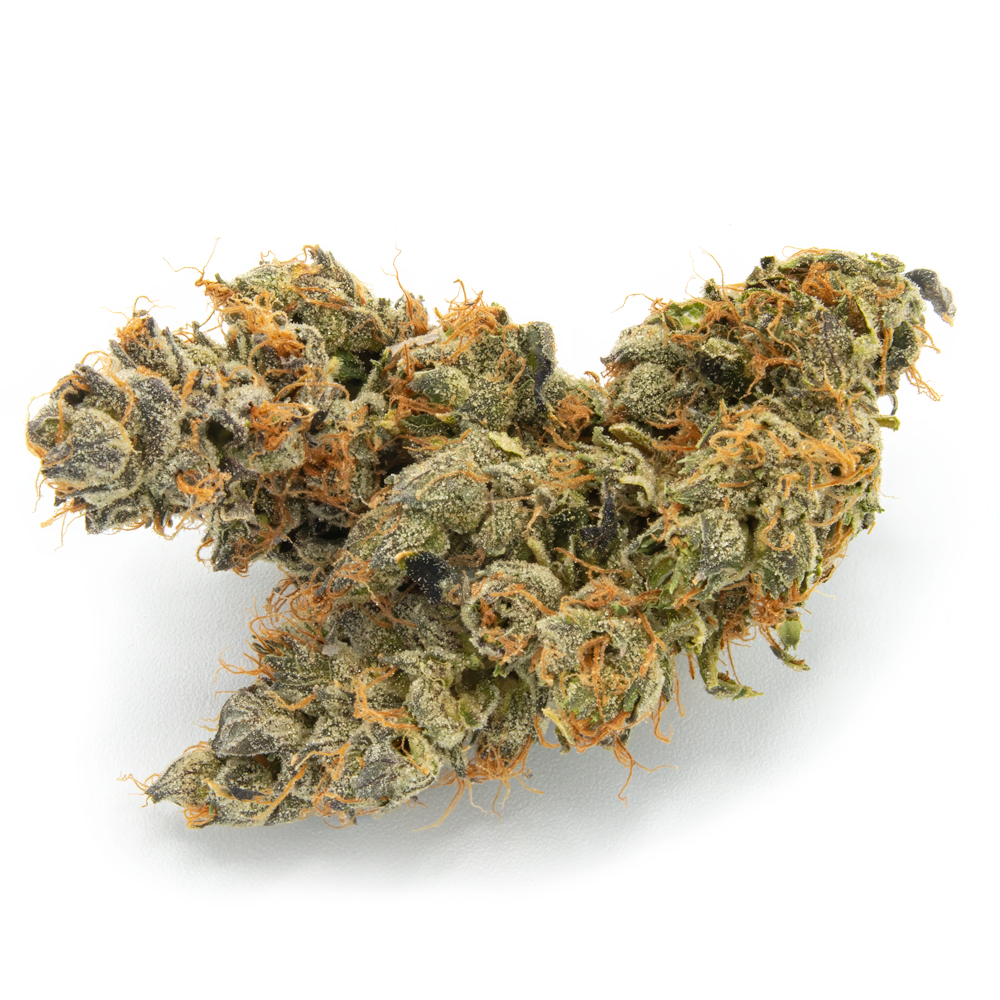
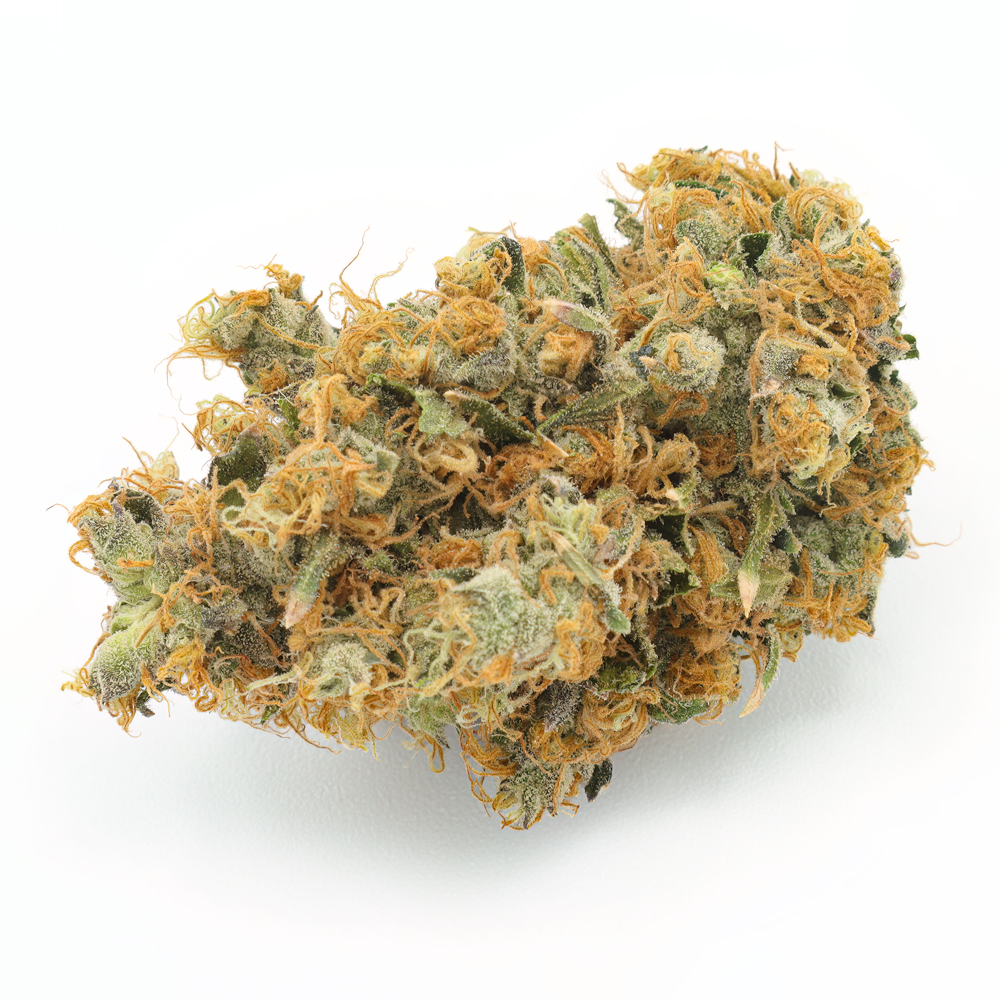
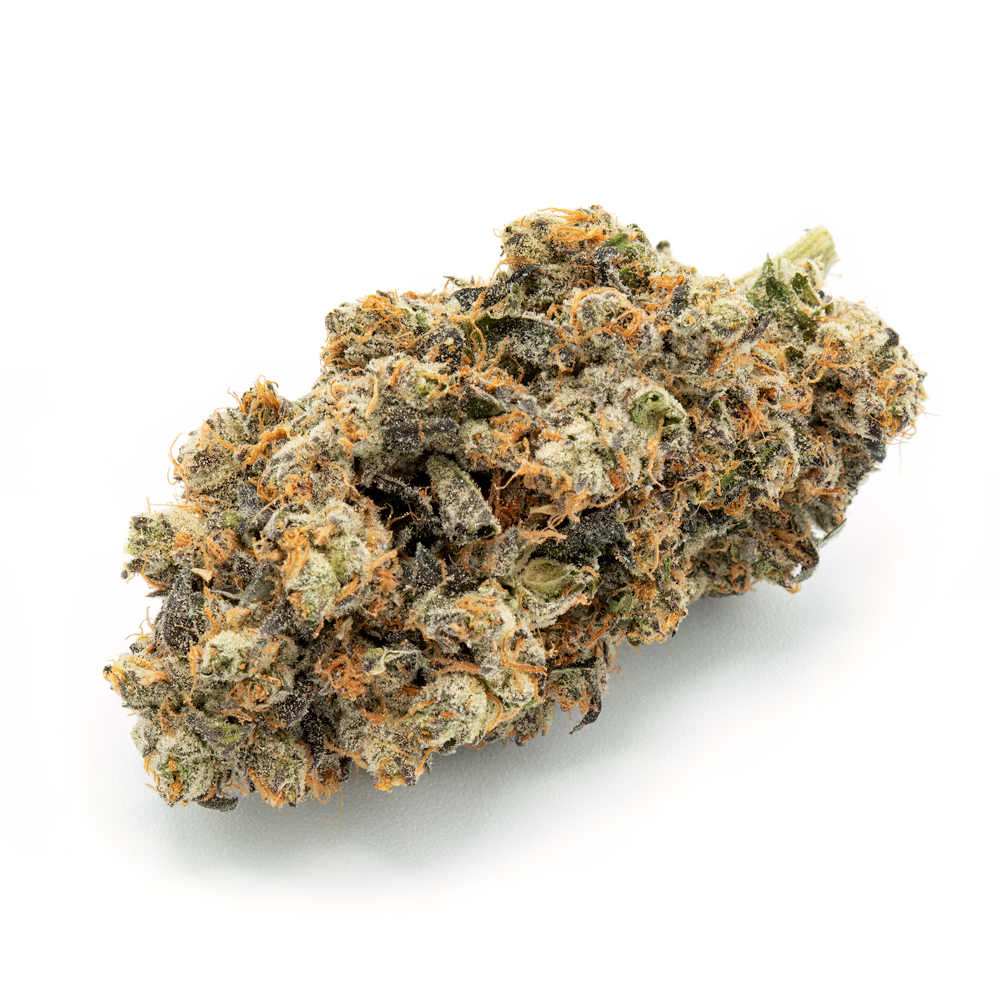
Disclaimer: This is an educational document and is not intended to be taken as medical advice. Please consult your medical provider if you have questions related to your healthcare.
Updated August 8, 2023
